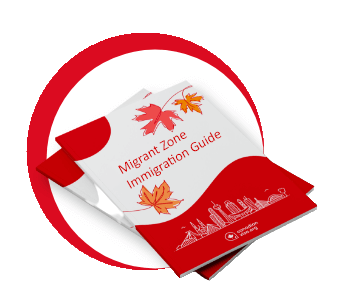As a local or foreign worker, always make sure that you know your rights.
Employment standards
These are the minimum standards established by law that protect the employee in the work place. Each province will differ slightly in its legislation.
What employment rights are protected by employment standards legislation? |
|---|
| Employment standards legislation covers rights in areas such as hours of work and overtime pay, minimum wage, pay, vacation time and vacation pay, public holidays, coffee and meal breaks, pregnancy leave and parental leave, personal emergency leave, family medical leave, termination notice and termination pay. |
| Hours of work and overtime rules apply to most workers and vary significantly across Canada. However, most jurisdictions have established an overtime rate equivalent to one and a half times an employee’s regular rate of pay. Employers cannot refuse to pay overtime rates and cannot force workers to work excessive hours, nor can they fire workers or have them deported if they refuse or complain about overtime work. |
| The minimum wage is the lowest wage rate that an employer can pay a worker and varies widely in Canada according to provincial or territorial law. |
| Employees must be paid at regular intervals and given a statement showing their wages and deductions for that pay period. |
| Most workers have the right to an annual vacation with pay. In British Columbia, Alberta, Manitoba, Ontario and Québec, employees must receive two weeks of paid vacation after completing one year with an employer. There are notable differences across the country with respect to entitlements and eligibility. |
| A public holiday enables most workers to have the day off with pay or receive overtime if they work. Every province and territory provides for a number of public holidays. |
| Most jurisdictions in Canada provide workers with a meal break of at least half an hour after each period of five consecutive hours of work. Employers are not normally required to pay workers for time spent on a meal break. |
Do all workers have the same employment rights?
No, some categories of workers are subject to different legislation. For example farm workers who are not entitled to overtime or public holiday pay. Other categories of workers that could have different employment rights include commercial fishers, oil field workers, loggers, home care givers, professionals, managers and some categories of salespersons.




